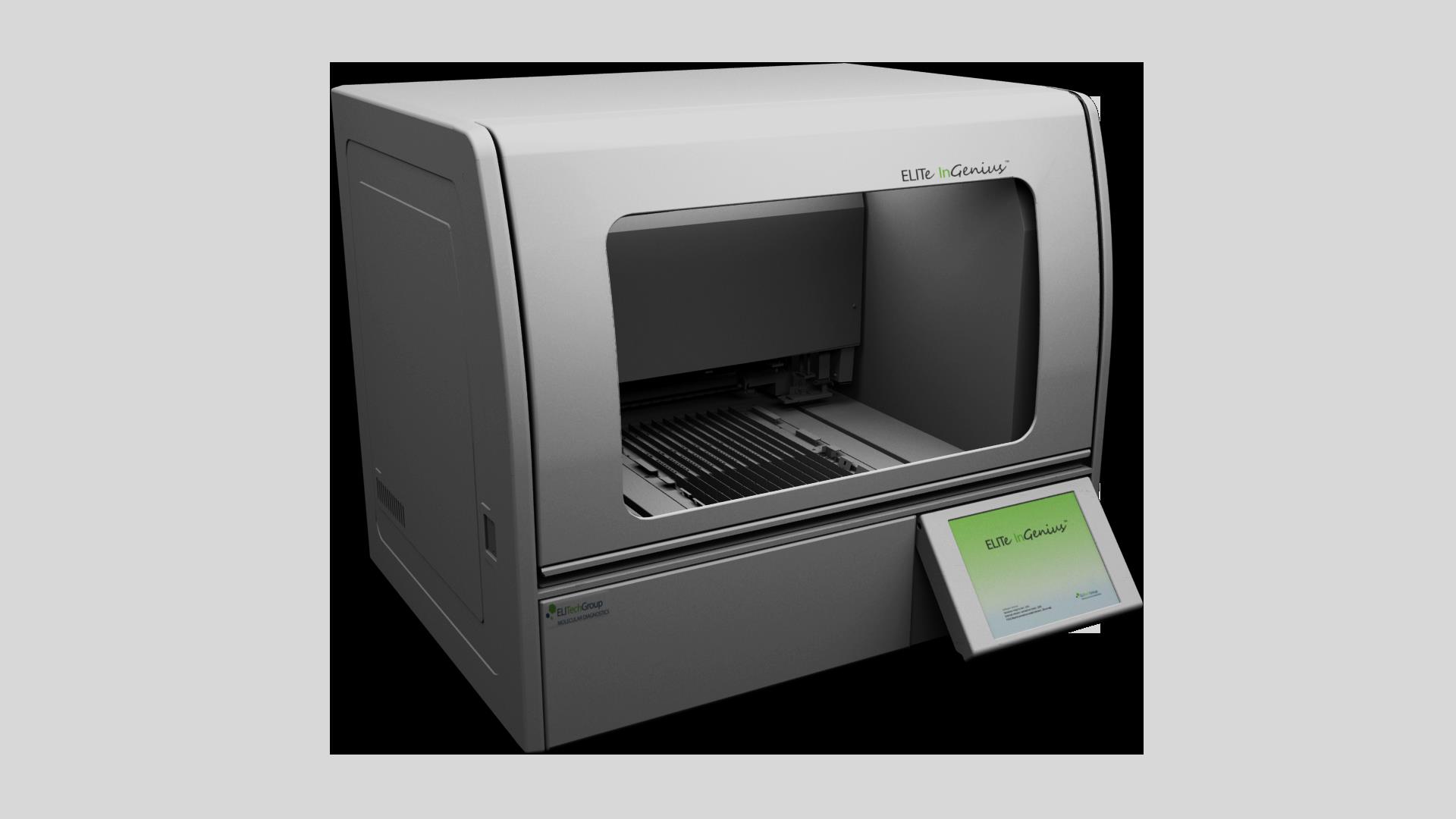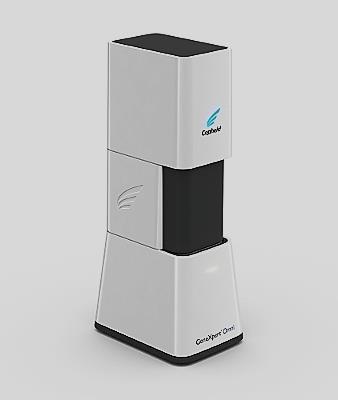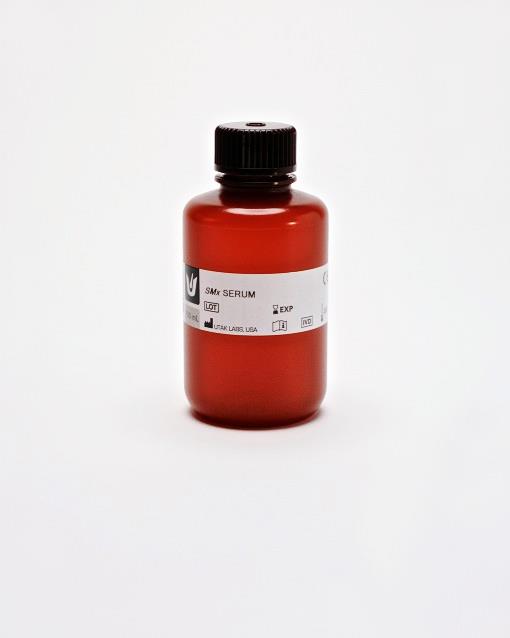Low Cost Point-of-Care DNA Amplification Test for Chlamydia Infection Demonstrated at the 2015 AACC Annual Meeting
By LabMedica International staff writers
Posted on 29 Jul 2015
Researchers have demonstrated a low cost, point-of-care NAAT (nucleic acid amplification testing) platform that meshes with a smartphone application for rapid diagnosis of Chlamydia infection at the 2015 AACC Annual Meeting & Clinical Lab Expo (Atlanta, GA, USA).Posted on 29 Jul 2015
Chlamydia trachomatis causes sexually transmitted genital and eye infections in humans. Chlamydia infection is one of the most common sexually transmitted infections worldwide; it is estimated that about one million individuals in the United States are infected with Chlamydia. C. trachomatis is naturally found living only inside human cells. It can be transmitted during vaginal, anal, or oral sex, and can be passed from an infected mother to her baby during childbirth. Between half and three-quarters of all women who have a chlamydial infection of the cervix have an inflamed cervix without symptoms and may not realize they are infected. In men, infection by C. trachomatis can lead to inflammation of the penile urethra causing a white discharge from the penis with or without a burning sensation during urination.
![Image: Human pap smear showing H&E stained Chlamydia in the vacuoles (500x) (Photo courtesy of the [US] National Cancer Institute). Image: Human pap smear showing H&E stained Chlamydia in the vacuoles (500x) (Photo courtesy of the [US] National Cancer Institute).](https://globetechcdn.com/mobile_labmedica/images/stories/articles/article_images/2015-07-29/GMS-250.jpg)
Image: Human pap smear showing H&E stained Chlamydia in the vacuoles (500x) (Photo courtesy of the [US] National Cancer Institute).
Over the past decade, the emergence of highly sensitive method NAAT-based tests has expanded screening programs for Chlamydia. However, these types of tests are too complex and expensive to perform in point-of-care settings such as physicians’ offices, health fairs, school clinics, or other sexual health outreach venues.
Investigators from Johns Hopkins University (Baltimore, MD, USA) have taken advantage of the Annual AACC Meeting venue to demonstrate their novel point-of-care NAAT/smartphone platform. Their coffee mug sized "mobiLab" instrument is battery powered. The device works by using a microfluidics cartridge to detect the DNA of Chlamydia bacteria in genital swab samples. The DNA analysis unit with its automated sample preparation mechanism is meshed with a smartphone, which enables the user to control the instrument and process test data through an application.
The developers of mobiLab validated the device's performance by comparing its accuracy on 20 patient samples with that of the Hologics (Bedford, MA, USA) GenProbe Aptima Combo 2 assay, the gold standard test for Chlamydia. Results indicated that both tests identified the same 10 positive and 10 negative cases, demonstrating that mobiLab could be used for Chlamydia diagnosis in place of standard NAATs.
“We now have these pretty accurate, sensitive, and specific molecular assays to detect very few numbers of organisms in biological samples,” said Dong Jin Shin, a research student in mechanical engineering at Johns Hopkins University. “But a lot of these technologies are confined to being used in centralized lab settings. If we are able to bring molecular diagnostic technology closer to the clinic and deliver accurate results to clinicians sooner, then we will be able to improve our standard of care for patients with Chlamydia while also saving costs.”
Related Links:
2015 AACC Annual Meeting & Clinical Lab Expo
Johns Hopkins University
Hologics










 Analyzer.jpg)



